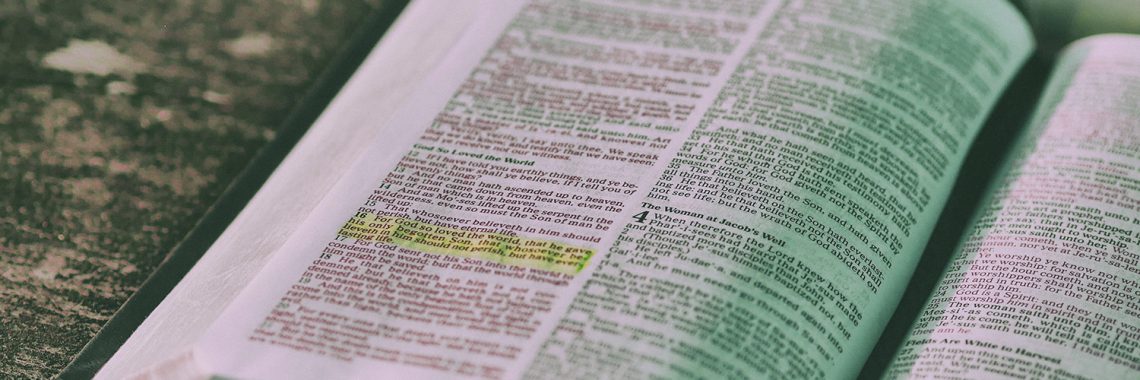Adverts. Unavoidable, omnipresent, and – to most – a bit irritating, particularly when they clutter the website and make its actual content near-impossible to get to. The advertising platforms on the internet claim their adverts are targeted. Based on what kinds of adverts appear on my internet browser, apparently, I’m a pet owner who feeds it premium cat food; I have babies who need single-use, all-singing-and-dancing nappies; I’m an exotic-holidays enthusiast, gambler and someone who can afford expensive sports cars. In short, everything I am not. But I digress… Essentially, adverts are offers of products or services someone wants to sell me. They do it more proactively and aggressively than a static shop window; otherwise, they do the same job. When you decide to buy a product or service, you effectively enter a contract. That’s why most adverts end with the line, said at breathtaking speed: “Terms and conditions apply.” What does it mean? The product must offer certain qualities and meet specific criteria to satisfy the buyer who pays the right price. In retail, it’s a simple and straightforward process carried out at the counter in a matter of seconds or minutes. The higher the value, complexity and long-term consequences, the more legal paperwork must be produced and signed by both parties. Sometimes, the latter part gets a solemn, ceremonial form that we occasionally see on our screens when heads of state seal an international deal.
Let’s delve into the profound meaning of today’s readings, just as I did when I first looked at them a few days ago. The first reading unveils a mysterious ritual performed by Moses involving twelve standing stones, sacrificial animals, and their blood sprinkled over the Israeli gathering. The second reading presents Jesus in the role of an Old Testamental priest, conducting a mystifying ritual where blood seems to play a central role, much like in the first reading. The gospel reading, on the other hand, offers a more familiar narrative of Jesus’ last supper with his disciples, where blood again seems to hold a significant meaning: “This is my blood, the blood of the covenant, which is to be poured out for many.” This line, in fact, is the key to understanding today’s readings.
A covenant is a rather old-fashioned word for a formal contract or agreement. In the ancient Middle East, important pacts were sealed by pouring the blood of sacrificial animals. This meant that the party who failed to keep its side of the agreement would pay for it in blood, demonstrating an utter commitment to fulfilling the pact. Then, those animals sacrificed to seal the deal were consumed at a following banquet, an indispensable part of the whole process. In the times of Jesus’ earthly ministry, such rituals had fallen out of fashion in everyday life and had been replaced by the judicial system. However, the tradition was alive in the religious context of the annual celebration of the Jewish Passover and various celebrations in the Temple in Jerusalem. Today’s second reading referred to the Day of Atonement, Yom Kippur. On that day only, once a year, the High Priest entered “the Holy of Holies”, the innermost and most sacred area of the ancient Temple of Jerusalem, separated by the curtain. The priest brought in and sprinkled inside the blood of sacrificial animals, a bull offered as atonement for the Priest and his household, and a goat offered as atonement for the people. The meaning of the ritual was the restoration and strengthening of the people’s re-commitment to the covenant between God and His Chosen People. The Letter to the Hebrews presented Jesus as the High Priest who entered the heavens, the true “Holy of Holies”, once and for all, taking with him not the blood of goats and bull calves, but his own blood, having won an eternal redemption for us. The blood of goats and bulls and the ashes of a heifer are sprinkled on those who have incurred defilement and they restore the holiness of their outward lives; how much more effectively the blood of Christ, who offered himself as the perfect sacrifice to God through the eternal Spirit, can purify our inner self from dead actions so that we do our service to the living God.”
At the Last Supper, as we heard in today’s gospel reading, Jesus offered his disciples the cup of wine as a symbol of his imminent death: “This is my blood, the blood of the covenant, which is to be poured out for many.” Alongside the bread, the symbol became the reality after Jesus’ death and resurrection. A new, unbreakable covenant between God and humankind has been established, sealed in and by the blood of Christ. The celebration of Mass is the way we gather around the table of the Last Supper; we stand at the foot of the Cross where Jesus dies for you and me; we look at Jesus the High Priest offering the Father in heaven the perfect sacrifice of conciliation: “Through Him, and with Him and in Him, O God, almighty Father, in the unity of the Holy Spirit, all glory and honour is yours, for ever and ever.” (Doxology) Each time we celebrate Mass, we are reassured of God’s faithfulness and renew our commitment to remain faithful to Him. In order to do so, we consume the sacrificial animal, the Lamb of God, the Body and Blood of Christ, the Risen Lord, “the same yesterday and today and forever.” (Hebrews 13:8)


